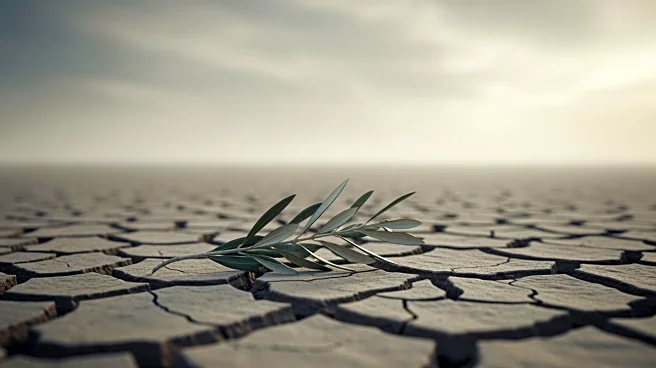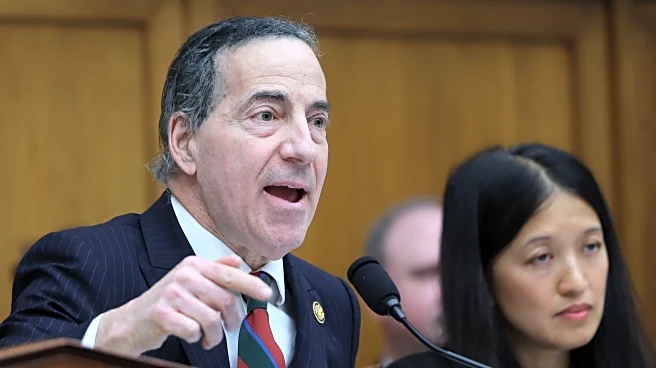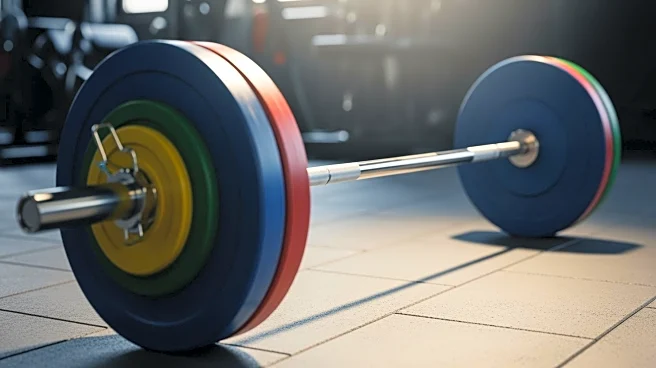What's Happening?
EU industry chief Stephane Sejourne has emphasized the importance of recycling to decrease the bloc's reliance on critical raw materials from China. Under the Critical Raw Materials Act, the EU aims to meet 25% of its demand for critical minerals through
recycling by 2030. Currently, less than 1% of rare earths are recycled in the EU. Sejourne highlighted the need for faster deal-making for critical raw materials and simplifying regulatory processes to prevent project abandonment. He also noted the temporary nature of the US-China deal delaying new restrictions on rare earth exports, urging companies to diversify their sources.
Why It's Important?
The EU's focus on recycling and reducing dependency on Chinese imports is crucial for its economic security and sustainability. By increasing recycling rates, the EU can mitigate risks associated with geopolitical tensions and supply chain disruptions. This strategy also supports the EU's environmental goals by promoting sustainable resource management. The initiative could lead to increased investment in recycling technologies and infrastructure, fostering innovation and job creation within the EU.
What's Next?
Sejourne is set to present the EU's new economic security doctrine and resource package on December 3, which may include further measures to enhance recycling and resource independence. The EU's approach could influence global trade policies and encourage other regions to adopt similar strategies. Companies within the EU will need to adjust their procurement practices to align with these new directives, potentially leading to shifts in the global market for critical raw materials.

















